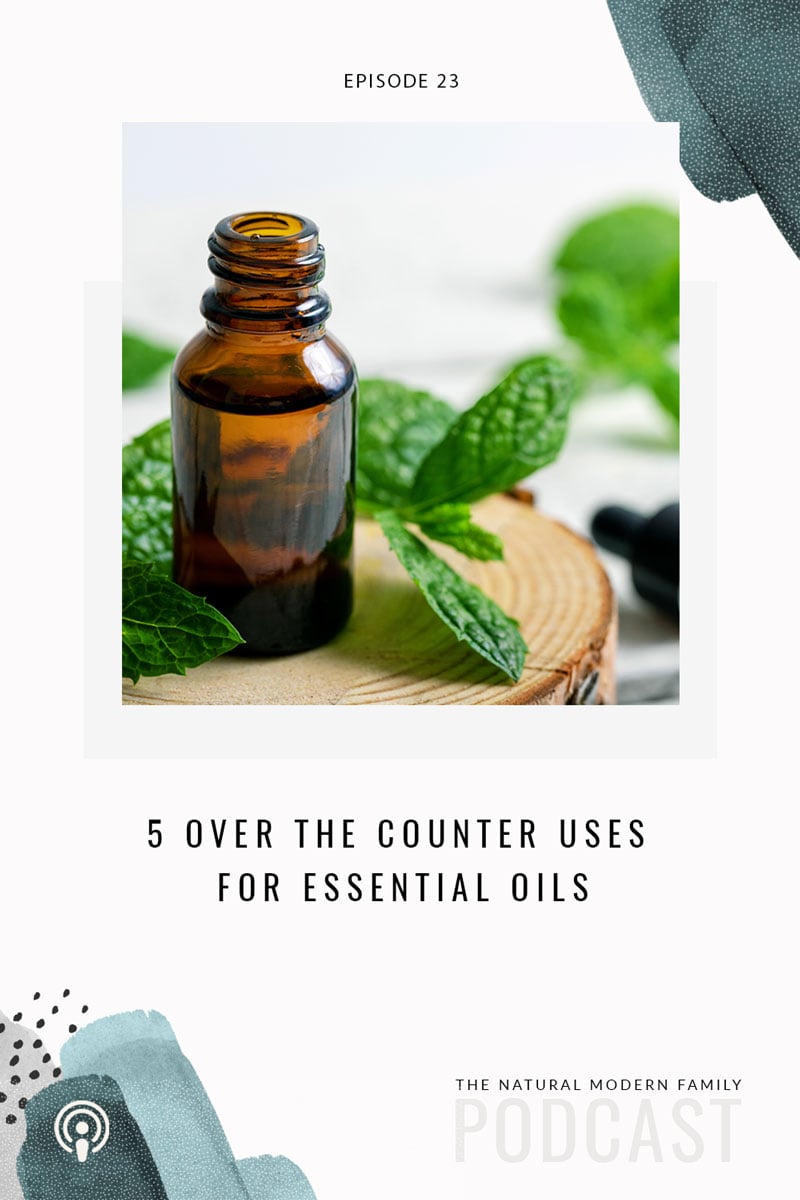If you’re like me and you prefer taking a natural approach to common issues and ailments, today’s episode is for you. I’m sharing 6 OTC uses of essential oils and why—you’re going to walk away with some really practical tips.
We’ve been committed essential oil users for over six years now and we love sharing the uses and life-changing benefits with others. One of the easiest ways to get started with oils is by using them as natural remedies for common ailments. They are a convenient first line of defense and can save you a lot of trips to the store and doctors office.
TRUTH BOMB:
You’re
Already killing it!
If You Were More Consistent With Your Wellness Routine, You’d Be Unstoppable.
But here’s the thing, if you want to replace OTC medications then you need to choose a high-quality essential oil brand. Not all brands are the same so you want to choose one that is transparent on their sourcing and processing. This way, they’ll work the way they’re supposed to. If you want to find the perfect essential oil brand for you, text EOILS to 33777 to get your free guide on the best and worst essential oil companies.
5 OTC Uses of Essential Oils
- Headaches and Migraines: Peppermint essential oil is a must-have anti-inflammatory oil for headache and migraine relief. It’s been used for centuries to improve blood circulation and relax muscles that cause headaches. Another fabulous oil for headache and migraine relief is lavender. Lavender works to calm the nervous system and mind relieving tension and stress. Combine these two oils for incredible synergistic effects! Lastly, eucalyptus oil is a no brainer for headaches. Its analgesic and expectorant properties can be especially helpful for sinus headaches. You can use these oils aromatically or topically.
- Indigestion: Peppermint is amazing for digestive support and has been used for centuries for stomach aches, indigestion, constipation, and gut health. You can use peppermint aromatically, topically, and internally to combat indigestion.
- Nausea: Ginger oil is especially good for nausea and the digestive and immune system. During pregnancy whenever I felt nauseous I simply grabbed my bottle of ginger oil and inhaled directly from the bottle. You can use ginger for nausea aromatically, topically, and internally.
- Sleep and Insomnia: Lavender is the most researched essential oil and is famed for its ability to calm racing thoughts and relax the mind – all thanks to its sedative properties. Vetiver is also another grounding oil that works well to relieve overwhelm and stress and put you in a deep sleep. You can use these oils topically and aromatically.
- Immune System: Wild Orange has antibacterial and antiseptic properties that help fight off viruses. Cinnamon bark is awesome for immune support; it purifies the body and oxidizes the cells. It also enhances the potency of other oils working at a cellular level. In addition, eucalyptus has antiviral and antibacterial effects; it’s a fabulous oil for congestion. Lastly, rosemary helps to fight off infection and improve circulation. You can use these oils aromatically, topically (not cinnamon bark), and internally (hello yummy baked goods).
Featured in this episode…
For a download of The Best and Worst Essential Oil Companies text EOILS to 33777
Essential Oils for Headaches & Migraines
Essential Oils for Immune Support





READ the Latest
Health Habits
Longevity
Health Habits
Health Habits